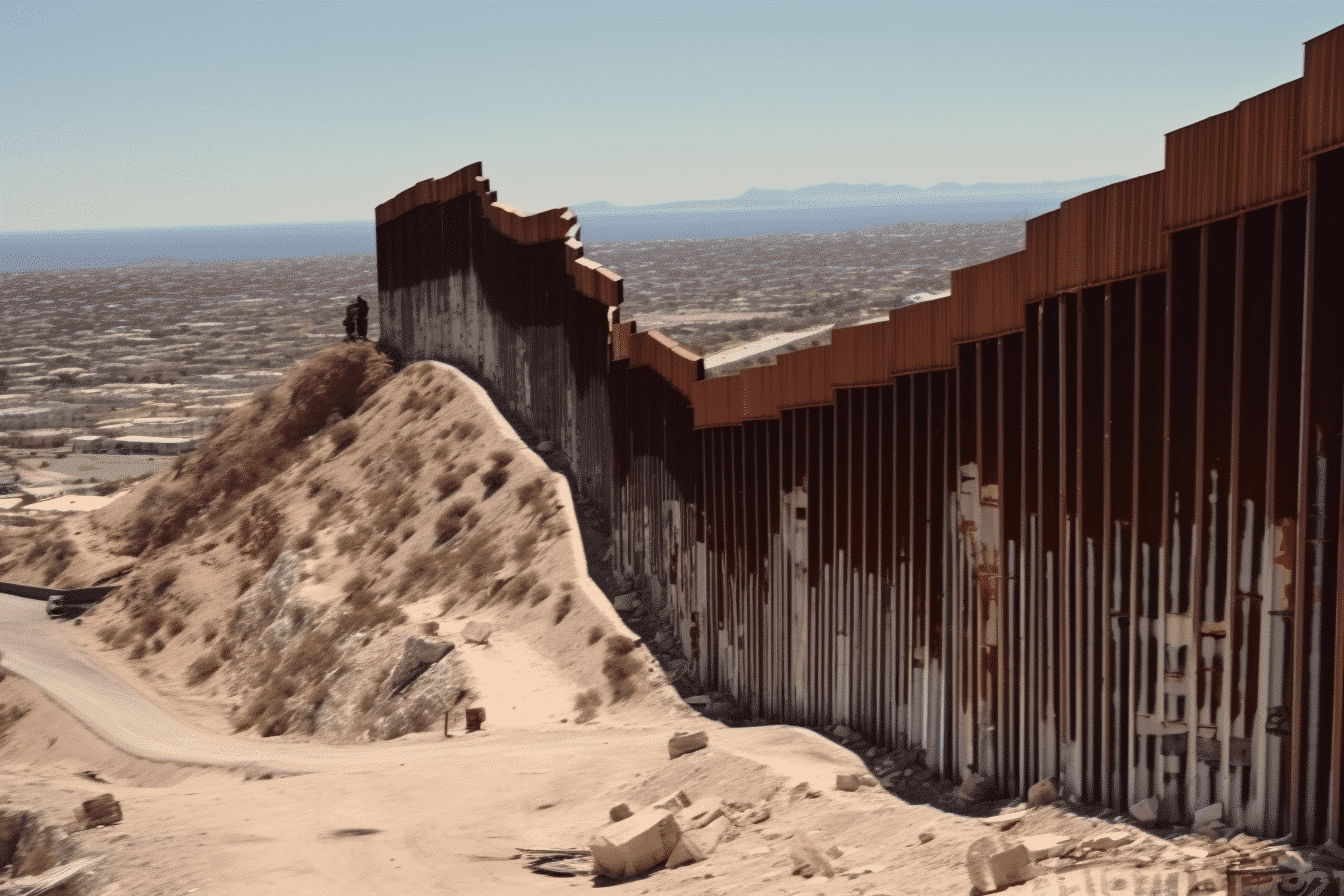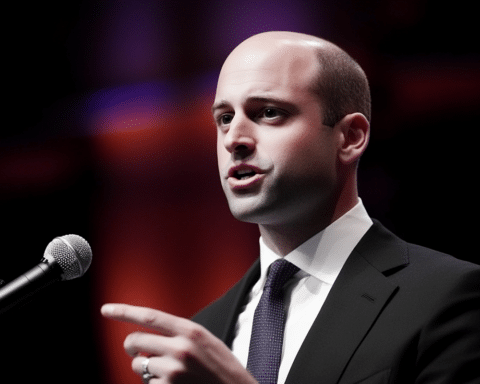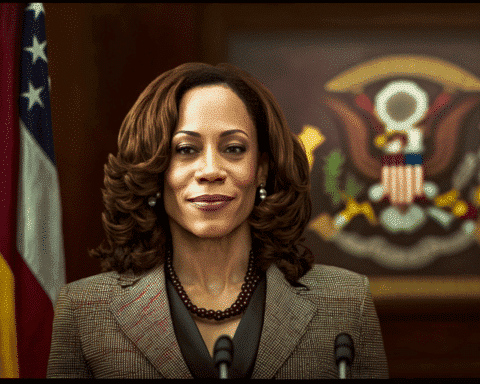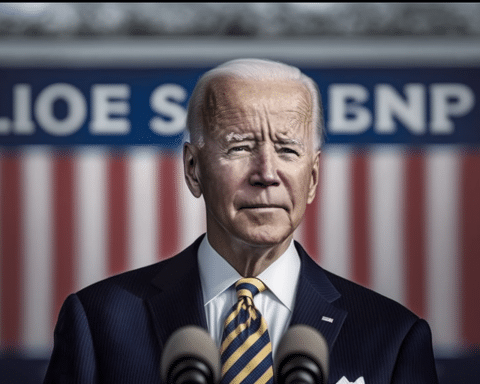Wisconsin is pulling from two interstate lawsuits that disputed former President Donald Trump’s choice to redirect several billion dollars to construct a wall along the southern U.S. border.
Wisconsin’s lawmakers gave the state’s Justice Department the go-ahead to abandon these lawsuits.
Wisconsin’s Attorney General, Democrat Josh Kaul, had teamed up with other states in 2019 and 2020 to bring federal lawsuits against using $6.7 billion allocated initially for National Guard units, military construction initiatives, and law enforcement to build the wall. This included the relocation of $8 million designated for a National Guard shooting range in Wisconsin.
The 9th Circuit U.S. Court of Appeals ruled in the state’s favour, leading the federal government to appeal to the U.S. Supreme Court to reconsider the cases. In 2021, President Joe Biden signed an executive order stopping the wall construction using the disputed funds, making the lawsuits irrelevant. Following this, settlement discussions began, with all states, barring Wisconsin, deciding to retract their claims.
The federal government has reinstated the funds for the Wisconsin firing range, as confirmed by both the Legislature’s lawyers and the state Justice Department.
The Justice Department officials sought approval from the Legislature’s finance committee to rescind their lawsuit. The committee granted permission unanimously without any debate in a meeting on Tuesday.
A 2018 law enacted by Republican legislators mandates the Justice Department to get approval from the finance committee before settling any lawsuits.
The reason for the Justice Department’s delay until this week to ask permission to withdraw from the lawsuits remains unclear. A memorandum sent by the agency officials to the finance committee detailing the request indicates that a status update was demanded by the federal district court by Thursday but did not shed light on the timing of the request.
Attempts to acquire more details via email to a Justice Department spokesperson and the Legislature’s lawyers went unanswered.
Wisconsin’s exit marks a significant shift in the unfolding chapter of border wall funding lawsuits, leaving the motivations and future implications somewhat unclear. As Wisconsin’s participation in these lawsuits ends, it opens a new path of analysis and questions regarding such large-scale federal fund allocation mechanisms. Further responses from the Justice Department and the Legislature’s lawyers are awaited to shed more light on the situation.




